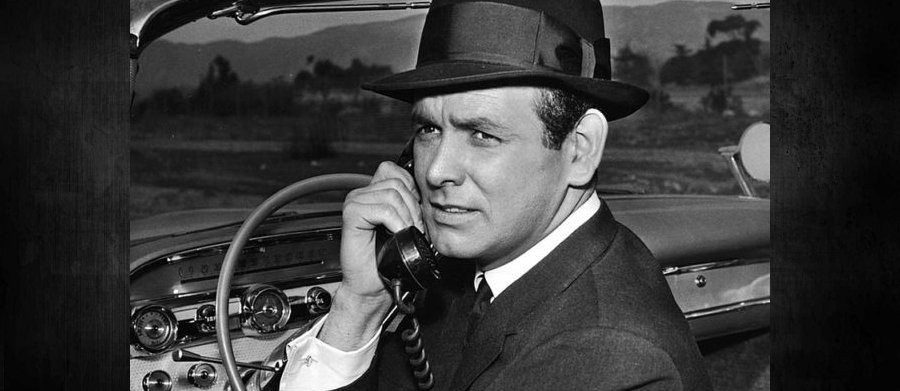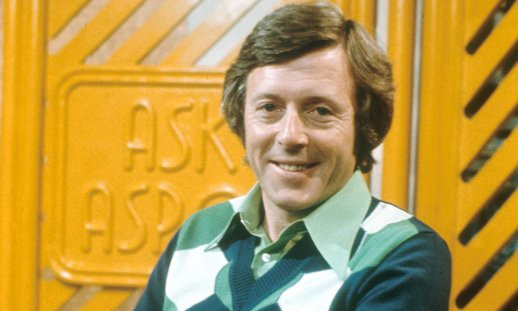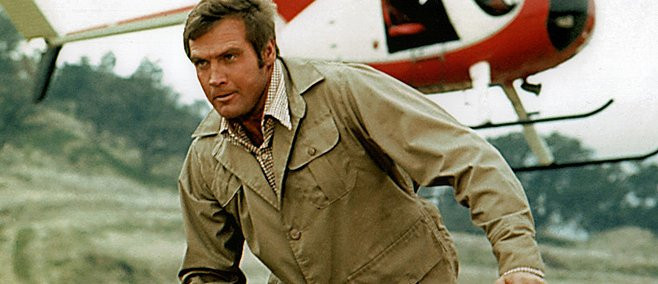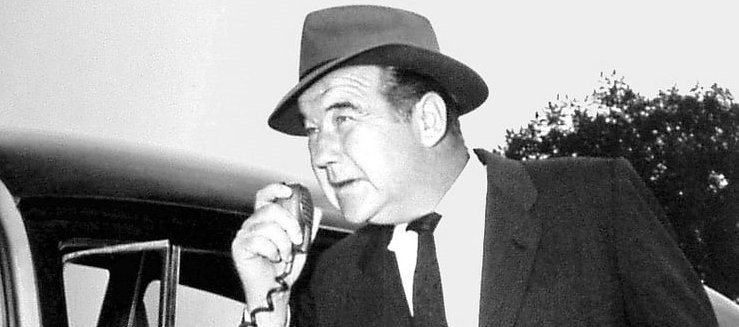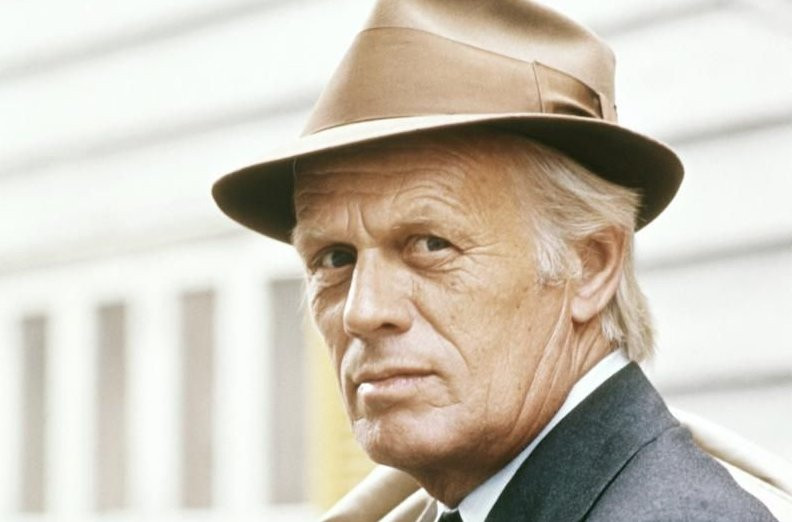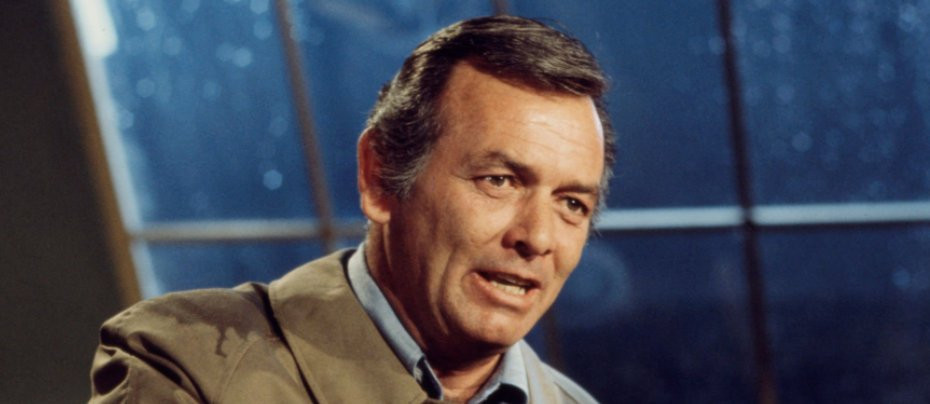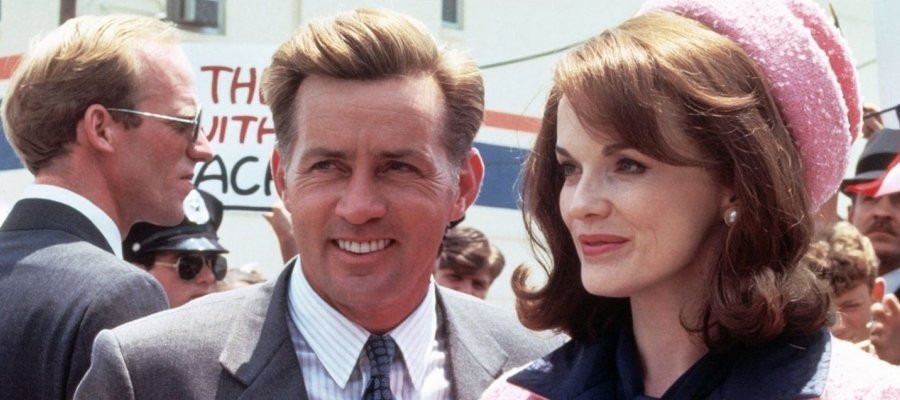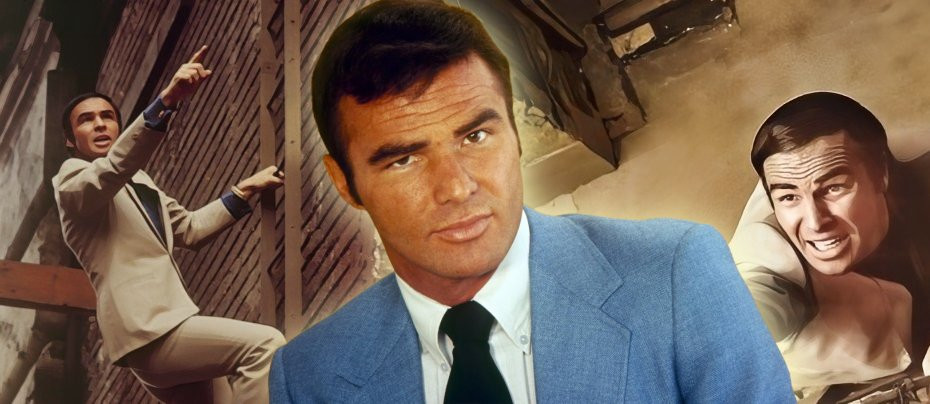
Dan August
1970 - United StatesA rather unsuccessful and mediocre run-of-the-mill cop drama, Dan August managed to limp through a full season before it was cancelled in the brutal world of US television’s all-important ratings war. Those vital numbers are like the show’s popularity report card. High ratings mean more eyeballs glued to the screen, which translates to increased ad revenue. So networks want their shows to perform well. If a show consistently tanks in the ratings, it’s like a wilting flower—they might pull it from the bouquet altogether. Low ratings can lead to cancellation faster than you can say “change channels,” and there’s an entire television history of shows that didn’t go beyond a handful of episodes. So the fact that Dan August managed a run of 26 episodes doesn’t make it an unmitigated disaster and there’s one other reason why the series is not completely forgettable – Burt Reynolds.
Reynolds had not yet become the icon of 1970s American popular culture that was to be his destiny, but this was a vital stepping stone for him. The Lansing, Michigan born Burton Leon Reynolds Jr. had been turning up in guest roles on US television since the 1950s, appearing in Westerns such as Pony Express (1959) and Johnny Ringo (1960) and had regular roles in Riverboat (1959) and Gunsmoke (1962) but by 1966, despite an impressive 100+ screen roles to his credit he was not really considered a leading actor. His first chance to shine was as John Hawk a special detective with the New York City District Attorney's office in the series Hawk, but it did little to change his fortunes.
After Hawk's cancellation Reynolds continued to plug away at small film and television roles until he was approached by the prolific TV producer Quinn Martin (The Fugitive, The Invaders, The F.B.I.) to star in a new series. Reynolds response? "I swore I'd never play a cop on TV because you can't make jokes or have a broad. You wind up loving your car a lot. I was halfway out the door when Quinn said the magic words – $15,000 a week."
Based on Martin's 1970 TV movie, House on Greenapple Road, starring Janet Leigh, which was itself based on Harold R. Daniels' 1966 mystery novel, Dan August is set in the fictional town of Santa Luisa, California, where we follow a diligent police lieutenant dedicated to solving crimes while grappling with the complexities of small-town life. Despite having some commendable aspects, Dan August ultimately falls short of its potential, which might explain its brief run.
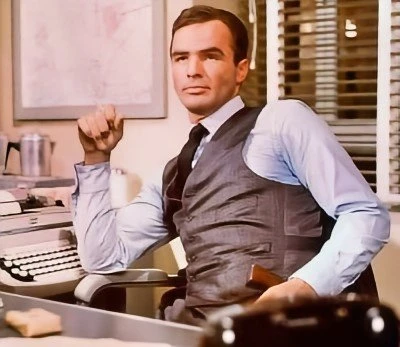
Reynolds' portrayal of August is one of the series' strongest points. He brings a mix of intensity, charisma, and relatability to the role, showcasing his ability to anchor a series with his natural charm and screen presence. This performance is particularly noteworthy as it predates his major Hollywood breakthrough, offering a glimpse into his emerging talent. However, Reynolds' charisma alone cannot carry the show, and the supporting cast, while competent, lacks the depth and dynamism needed to elevate the series. Ena Hartman is Katy Grant and Ned Romero is Sergeant Joe Rivers. Norman Fell (Three’s Company) as Sergeant Charles Wilentz and Richard Anderson (The Six Million Dollar Man) as Chief George Untermeyer deliver solid performances, but they are all often hampered by limited character development and clichéd roles.

Even notable guest stars such as Vera Miles, Dabney Coleman, Ricardo Montalban, Vic Morrow, Mickey Rooney, Martin Sheen, Billy Dee Williams, Jan-Michael Vincent, Carolyn Jones and Harrison Ford did little to lift the series' fortunes.
While each episode presents a standalone mystery, the plots often lack the complexity and originality needed to captivate a discerning audience. The narrative frequently resorts to predictable formulas, with many episodes feeling like they follow a paint-by-numbers approach to crime-solving. The show attempts to address social issues such as racial tension and corruption, but these themes are handled with a heavy hand, lacking the subtlety and understanding that would make them more impactful. As a result, the series sometimes feels more like a collection of moral lessons rather than engaging stories.
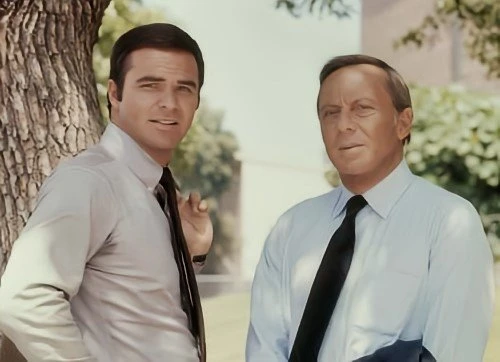
The pacing of the show is another issue. The episodic nature, while typical for the time, can make the series feel disjointed. Character arcs are often underdeveloped, and the lack of continuity between episodes can leave viewers feeling detached from the characters’ personal journeys. This episodic structure also means that any potential growth or evolution of Dan August's character is minimal, which is a missed opportunity given Reynolds' capability for more nuanced performances.
Visually, Dan August captures the essence of its setting with adequate cinematography and location choices that evoke a sense of small-town America. However, the production values are uneven. While some scenes are well-crafted, others suffer from a lack of attention to detail, which can be distracting. The overall aesthetic is very much of its time, with set designs and costumes that are unmistakably 1970s. This can be charmingly nostalgic for some viewers but might appear dated and unoriginal to others.
The series faced stiff competition from other popular crime dramas and television shows such as Hawaii Five-0 and it failed to innovate enough to stand out. The era's changing viewer preferences also played a role, as audiences began to favour more sophisticated and character-driven narratives over straightforward procedural dramas.
The show's cancellation didn’t tarnish Burt Reynolds' career; in fact, it served as a stepping stone to greater success. His performance in Dan August demonstrated his potential and within a year he was helping to pull in a box office of around $46 million in the widely acclaimed thriller Deliverance. And then Dan August became a fan favourite in reruns, particularly after Reynolds' popularity surged. CBS re-aired the series both on The CBS Late Movie and in prime time during summer "rerun seasons" of both 1973 and 1975 to larger audiences, and it has since gained something of a cult following.
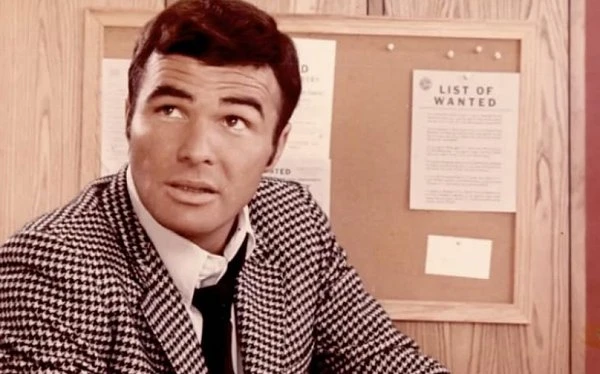
Dan August is certainly a mixed bag. Burt Reynolds' performance is a highlight, and the show has moments of intrigue and solid crime-solving elements. However, its predictable writing, lack of character development, and uneven production values detract from its overall impact. While it holds a certain nostalgic charm and serves as an interesting piece of television history, Dan August ultimately falls short of being a truly compelling series. For those interested in early 1970s crime dramas or fans of Burt Reynolds, it might still be worth a watch, but it is unlikely to leave a lasting impression on a broader audience.
Seen this show? How do you rate it?
Seen this show? How do you rate it?
Published on July 28th, 2024. Written by Marc Saul for Television Heaven.


